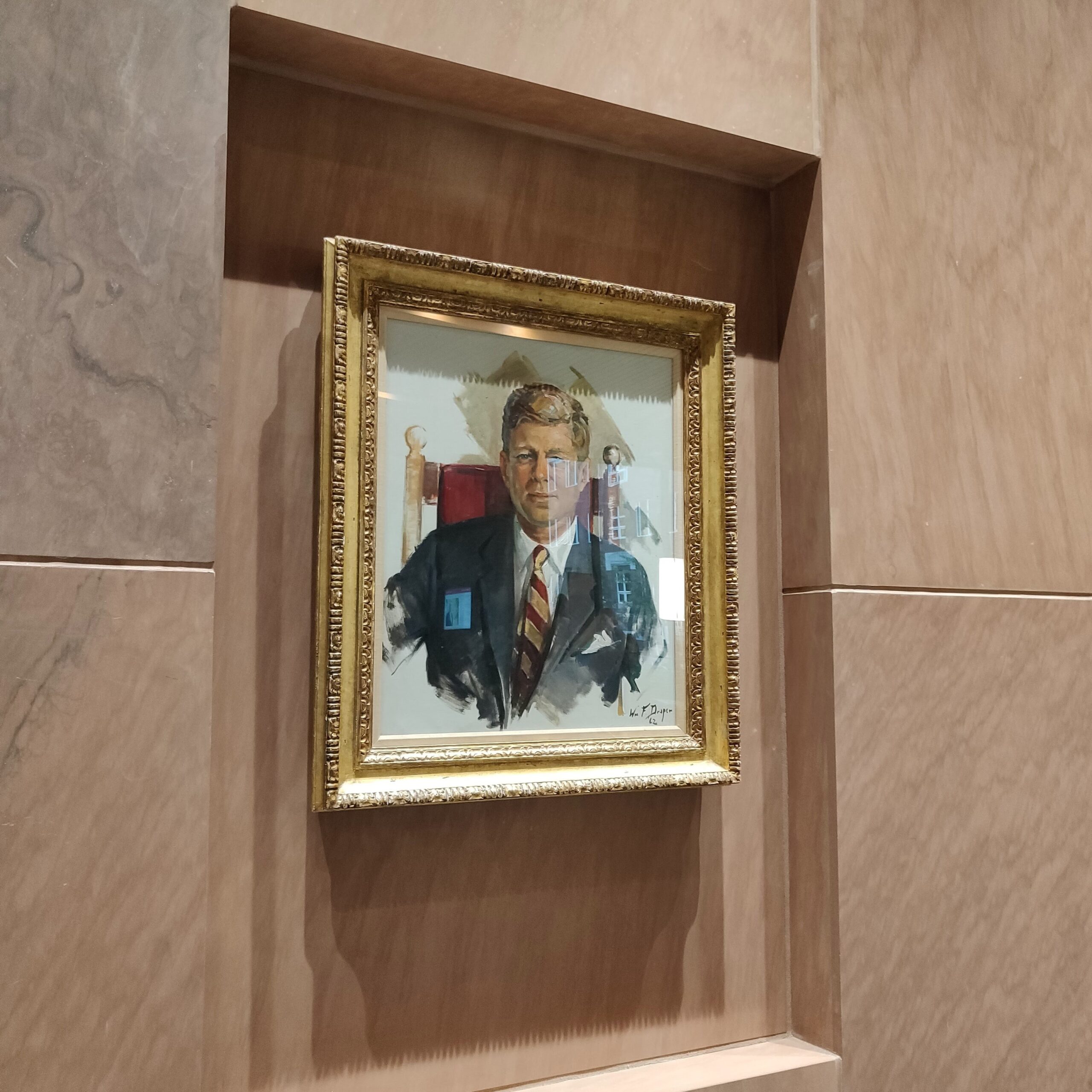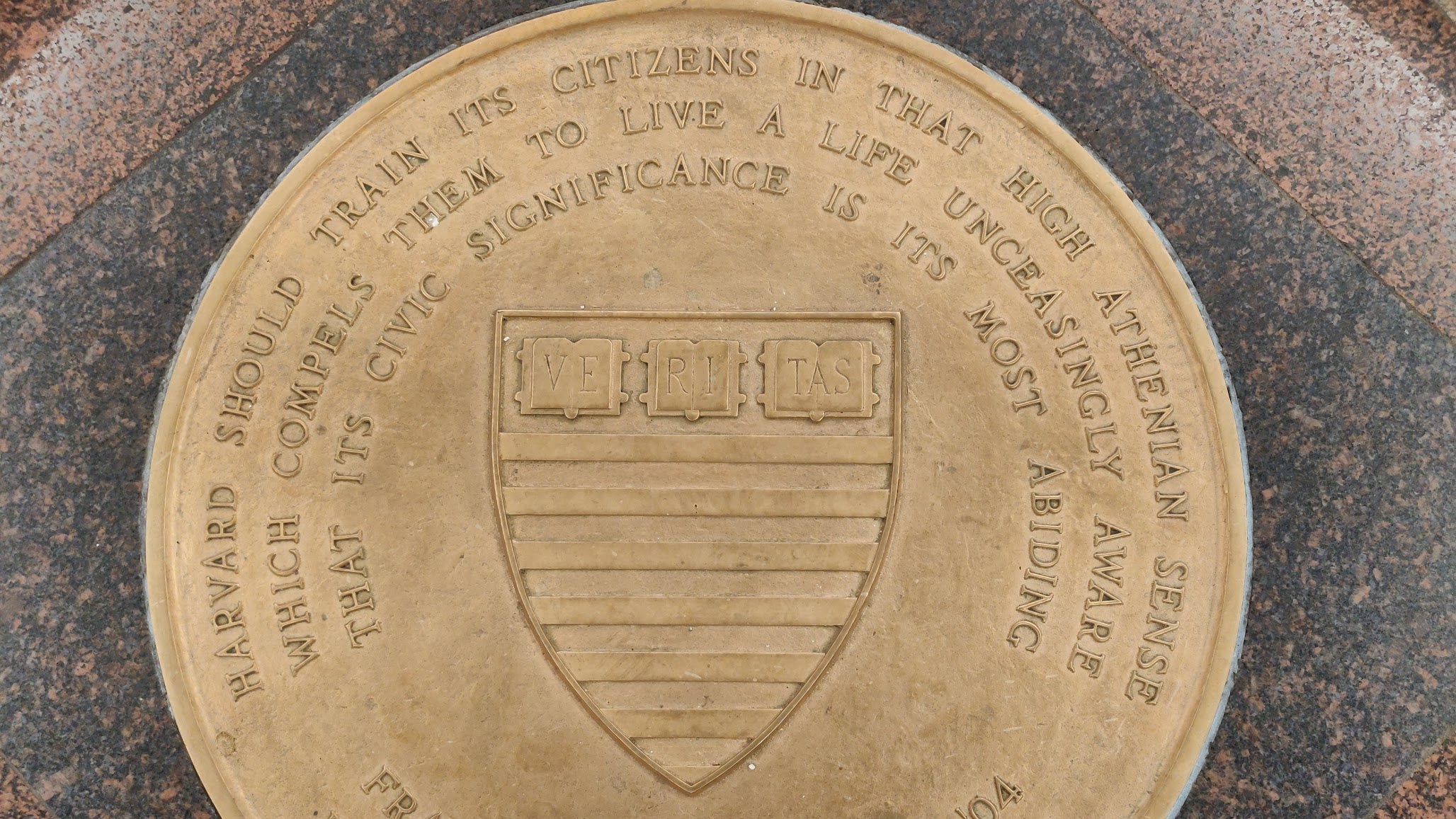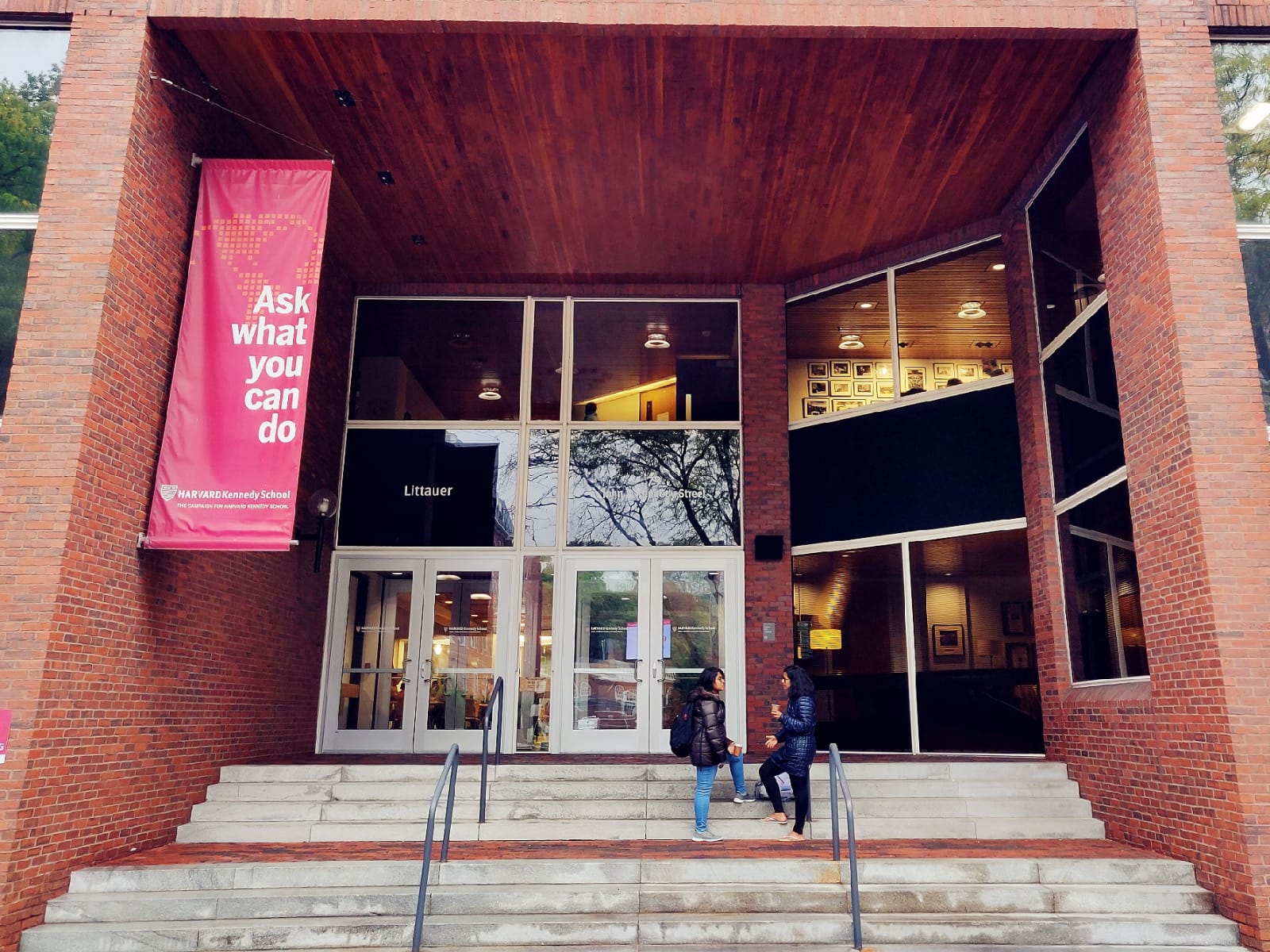In the pursuit of service, we need to have self-compassion.
My Oakland, CA neighborhood has a brightly painted mural I like to call “my aunt.” Every day I walk by the mural she offers me the same unsolicited advice: “The best way to find yourself is to lose yourself in the service of others.” Some days, when my existential crisis has boiled over, seeing her makes me feel frivolous. It’s as if my aunt shouts out, “PaHua, you idiot, stop being lame. Worry about other people!” And so, I try to do that.
At the Harvard Kennedy School, we thankfully don’t paint Gandhi quotes on the walls. That’d be too trite. Instead, we professionally frame quotes of JFK discussing the moral imperative to serve one’s country.
If I sound disaffected, that’s not my intention. I just think there’s a tiring, performative aspect to HKS that students don’t acknowledge. At a recent meeting I attended, the facilitator laid out picture cards and had each of us select a card that represented how we feel today and another representing how we hoped to feel at graduation. I was struck by how similarly we felt. All of us hoped we’d be happy later, though we weren’t now.
That experience reminded me of the first tenet of Buddhism, “dukkha,” or suffering. Dukkha isn’t the experience of pain. It is the incapability of satisfying one’s desires, which often leads to pain. In this light, devoting ourselves to a life of service can just as easily doom us to personal suffering as choosing to live a vapid, materialistic life. If that’s the case, I’d much prefer the latter.

Even if our desires are rooted in love and altruism, which I wager is true for most HKS students, these good desires can still trap us in a perpetual cycle of unhappiness.
How do we feel happy then? Or at the very least, how do we stop listening to that insatiable voice of doubt? To this last question, I think accepting that we don’t need to be in the service of others would allow HKS to feel less like a performance. Being happy, however, will require us to dig deeper: it requires us to name our unhappiness. And if pleasure and fun are like the Amazon packages we’re impatient to receive and quick to open, unhappiness are those unopened US loan servicing letters. Our loans only collect interest if we avoid them and so does our unhappiness.
Ignoring our unhappiness can invite more suffering. This summer, while I was catching up with a college friend, he told me about a Jordanian pickup line. The guy gazes into the woman’s eyes and says how he senses a deep seed of sadness within her. It’s something she may not even be fully aware of yet. This usually gets the girl to open up. At first, I was slightly miffed because he didn’t remember that he had used the line on me before. Then, I came to appreciate the lesson enclosed in the pickup line. We are often forced to deny our feelings of doubt, anxiety, and sadness, so much so that we can end up seeking validation from others.
Our unhappiness doesn’t only have to invite romantic opportunists. If we learn to name our unhappiness, we can learn to ask for help. We just have to be patient about letting people actually help us and, more importantly, to have self-compassion. The often difficult reality is that we will fail to change. Habit will lead us back to the same thoughts and behavior that cause us to suffer.
This weekend my roommates and I threw a housewarming party. Since someone had already bought snacks, I promised I’d buy the beer. I was determined to be helpful, which made me over-confident that I could haul back two 30-packs of Pabst Blue Ribbon, even when the cashier chuckled and wished me luck. On the way home, I could feel one of the cardboard handles ripping. Each step I took could have sent 60 cans of PBR rolling off the sidewalk into the potholes of Mass Ave. Sweaty and out of breath, I suddenly remembered to take my own advice. I went to text my roommates to come and help me. But then, to avoid the torn handle and inconveniencing them, I placed one of the boxes of beer against my hip and slowly shuffled home.

